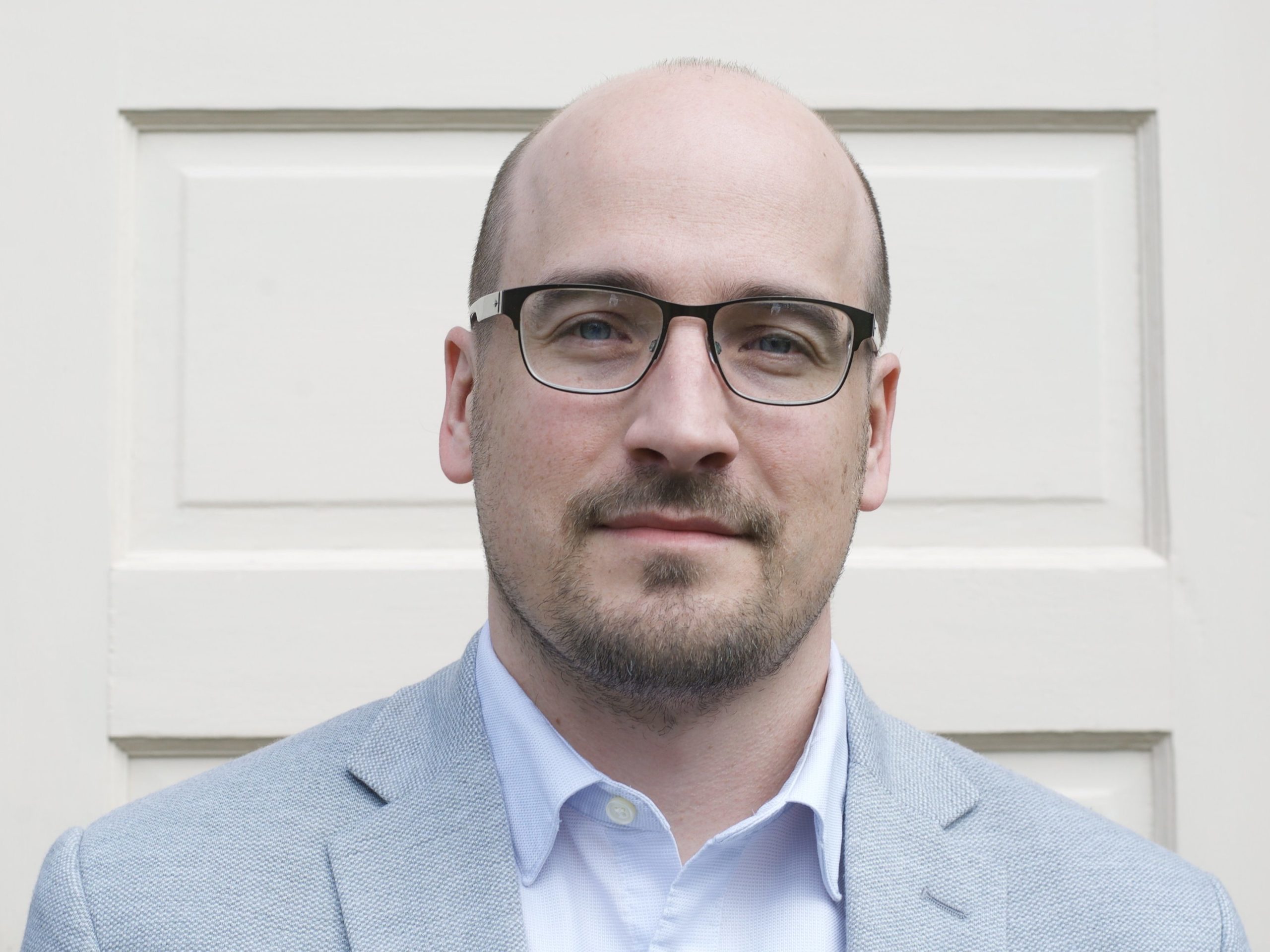More skilled professionals to enter freelancing in 2022
What does the growth of the highly skilled, educated freelancer mean for the freelancer economy and contractor recruitment in 2022?
There is a shift away from ‘gig work,’ and instead, increasing growth in the number of skilled and highly educated professionals entering the freelancer economy, according to research carried out by job platform Upwork and Dr Adam Ozimek.
While freelancing remains incredibly diverse in the types of work being done Upwork’s data suggests that freelancers are increasingly doing skilled work. That, says the platform, has to do with the changes and higher demand for skilled services.
In 2019, 45% of freelancers reported doing some skilled services as part of their freelancing, said the report. This means that freelancers are doing work in fields as diverse as computer programming, writing, design, IT, marketing, business consulting, etc. In 2021, however, Upwork saw that the percentage of freelancing providing skilled services is up to 53%, an 8 percentage point increase in the past two years.

Freelancers and side hustlers will combine their skills and often do multiple types of work. For example, unskilled services and goods selling have grown more common over the pandemic. Yet, some people have diversified their side hustles and created sizeable incomes for themselves.
However, the increasing trend towards skilled freelancing is correlated with those with the most advanced degrees doing the most freelancing, and the share of them freelancing has increased significantly since 2019.
The higher skilled nature of freelancing is clear in 51% of post-grad workers who are freelancing.
Compared to the previous year the share of high school graduates or less freelancing has declined from 37% to 31%. In other words, freelancing has grown among the most educated while declining among the lowest, which suggests there is a growing skill-bias of freelancing.
Which occupations have the highest number of freelancers?
The high skill level of freelancing is also apparent in the occupations that have the highest share of freelancers. Arts and design, marketing, and computers/mathematical occupations have the highest share of freelancing.
These are skilled, professional services jobs. Contrary to public perception that freelancing means just lower-skilled ‘gig work,’ we see that the share of freelancing in art and design is almost double that of transportation.
Dr Adam Ozimek, Chief Economist at Upwork

What is Driving the increase in Skilled Freelancing?
Freelancing and its part within the Great Resignation

The notion of The Great Resignation is a topic that has been trending in the media for several months. More people are quitting their jobs in search of something else, but why?
“One hypothesis,” says Ozimek, “is that the pandemic offered many professionals a different perspective on their careers. For some, the old constraints of being in the office with rigid schedules and long commutes no longer felt necessary, and as a result, professionals are making changes that prioritize things they value more. For some professionals, this means control. Control over where they work, when they work, and for whom they work.”
Freelancing offers professionals a chance to be in control of their careers in a way that cannot be matched by traditional employment. This is likely a reason why more skilled professionals are flocking to freelancing in 2021. The ability to work remotely, have flexibility, and control earning potential are just a few of the key benefits of freelancing.
Freelancing v employment: which has higher earning potential?
Upwork’s research also looked at the effects of freelancing on earnings. A total of 44% of freelancers say they make more than they would for a traditional employer, 18% say the same, and 38% say less.
Given that so many choose to freelance for reasons of flexibility and the ability to work remotely to juggle work and personal life demands, freelancers see the ability to earn more as a major positive.
Freelancing is and has been more remote than traditional employment. The greater acceptance of remote working is one of the top reasons for the increase in skilled freelancers entering the larger freelancer economy, according to the report.
- 36% of the workforce overall does freelancing
- 47% of those working remotely freelance
- 31% of freelancers report they are working entirely remotely compared to 21% of non-freelancers


